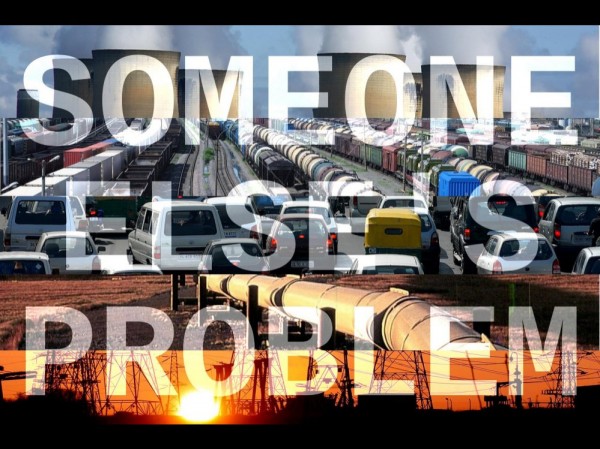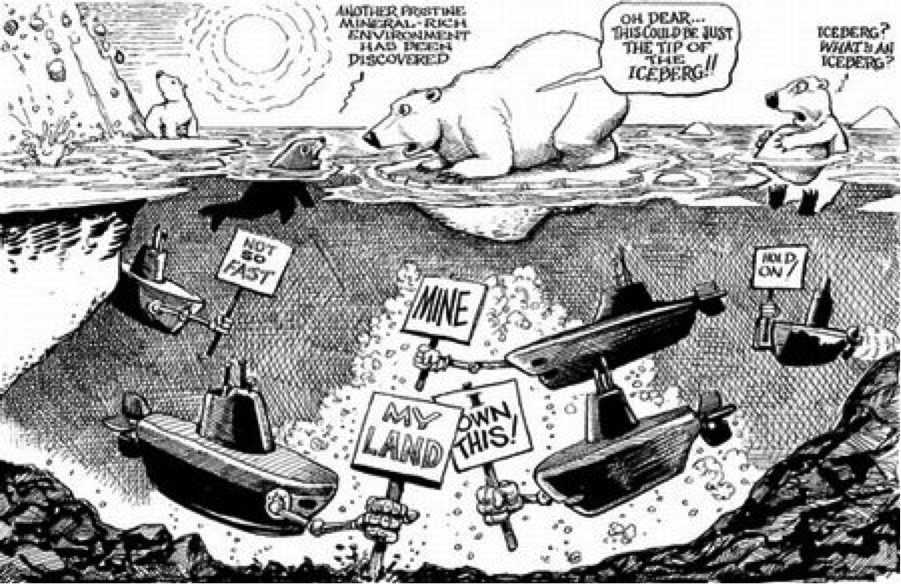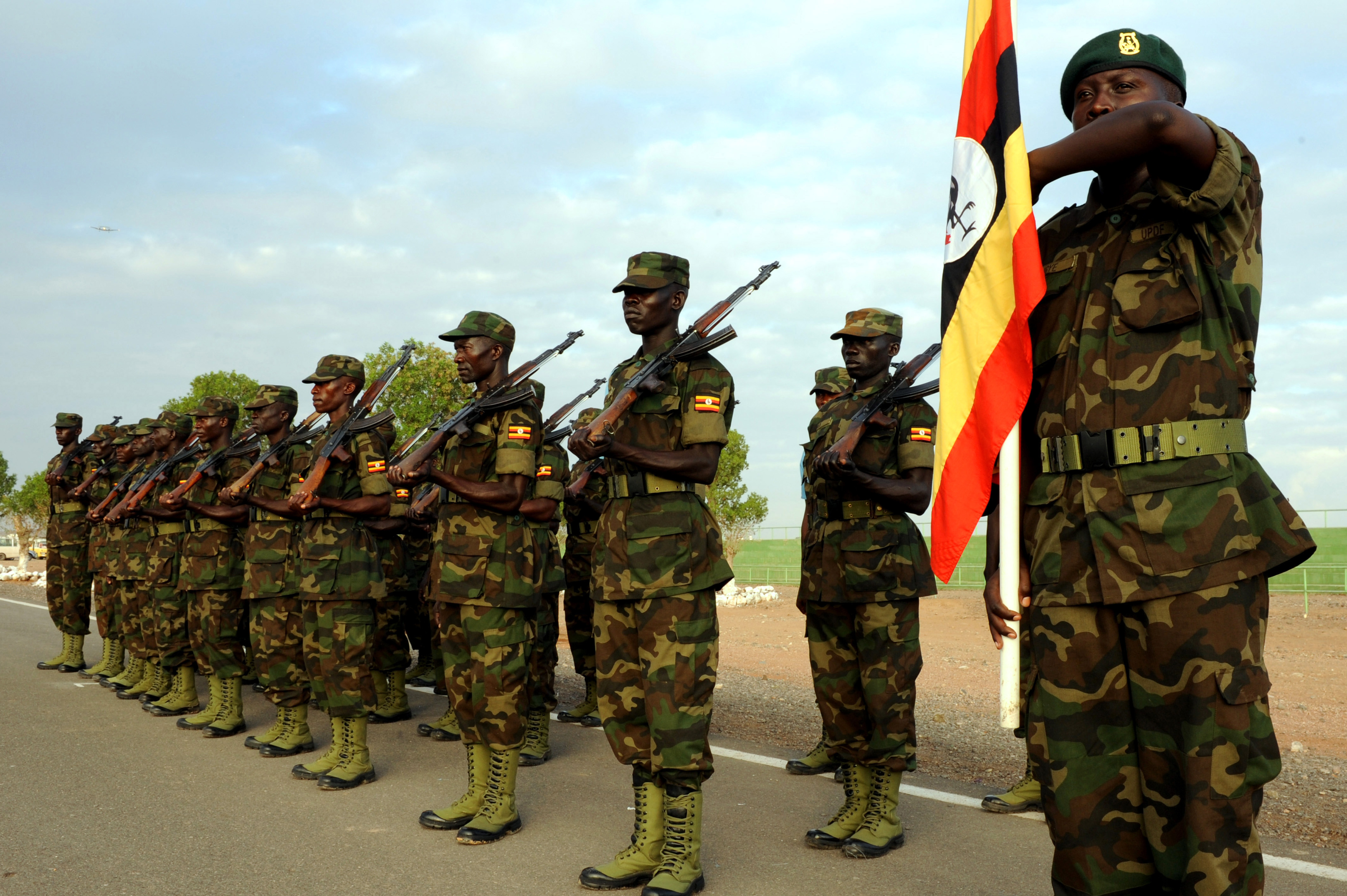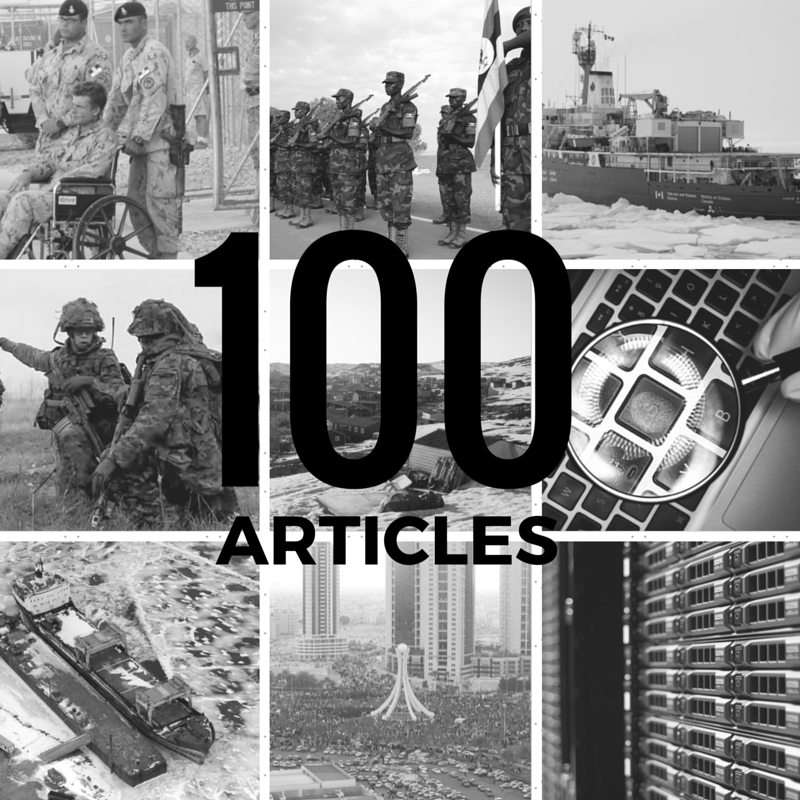In the third book of Douglas Adams’ hilarious Hitchhiker’s Guide to the Galaxy series, there is a device called a Somebody Else’s Problem, directing people’s attention away from anything to which it is applied, which produces a vastly more effective method of achieving invisibility. The joke, of course, is that this is not a phenomenon from science fiction; it occurs around us on a daily basis. Let’s look at one case in particular.
High school students across the country are rapidly approaching graduation. This year’s class was born in 1997, well after the Berlin Wall fell, just after the genocides in Rwanda and Bosnia – and was only four years old on September 11, 2001. A majority do not remember it.
This could very well become a generational gap in politics, dividing Millenials between those who remember the day disaster struck and those who do not. What does it mean for students’ engagement with issues of international security? Are they under the influence of a Somebody Else’s Problem?
With a backdrop like this, one might reasonably expect that younger students do not care to involve themselves as much as their older counterparts. The only way to be certain, though, is to ask them. So I did.
On Monday, May 11, I visited Hillfield Strathallan College, an independent school located in Hamilton, to speak with approximately eighty students in six different groups.
Of course, the individuals I spoke with represent only one demographic cross-section of Canadian youth. The story certainly does not stop here – stay tuned for more in the coming weeks.

The good news, from the perspective of anyone who cares about international security, is that almost all of them had at least a peripheral awareness of what NATO is, and what it does. About one-third were willing and able to articulately express an opinion on the Alliance’s activities in Ukraine. Unfortunately, the good news ends here.
Canada is at war in Iraq; this does not mean that students care about Canada’s involvement with NATO. Even among groups that were well-informed about events in Ukraine and could debate options for further action, nowhere did more than forty percent claim that the Alliance was relevant in their lives.
Is this because the Alliance is perceived as too militaristic? No, the students mostly agreed that NATO does what it must. This was not a blanket endorsement; they preferred for NATO to avoid interventions with ground troops whenever possible, limiting itself to air strikes, no-fly zones, and the like. They were also uncertain about the wisdom of NATO’s agreed target for defense spending. A consensus existed that Canada could update and modernize its current equipment, but not for spending two percent of our GDP on the military.
More publicity of NATO’s economic, political, and humanitarian activities also might help them notice the Alliance a bit more often, since none of them were aware of these.
Broadly speaking, however, security was something that was simply too far removed from their lives. After all, many of these students live in the Greater Toronto Area, in towns such as Burlington and Oakville that are very safe even by Canadian standards. Add to this the fact that almost all sought their information through social media, which is not well known for its long attention spans. Who can blame them for not worrying?
Of course there were exceptions, particularly among students whose parents were immigrants. One student whose parents are Libyan was all too aware of what happens when the fabric of safety is torn, an experience that was largely foreign to her classmates.
On the whole, though, the students were largely disengaged from NATO specifically, even if they were more engaged with current international events in general. This bodes ill for the future.
The politically engaged students of today will be the journalists, researchers, and politicians of tomorrow. Undoubtedly they will change at university, but their formative years are already well underway. The time to convince them that they should care is rapidly slipping away.
Consider the analogy of space after Sputnik was launched. When President Eisenhower carried out education reform in 1958, the bill was presented as the “National Defense Education Act.” He understood perfectly well the links between the two, and saw education in math and science as the key to maintaining a technological edge over the Soviet Union. The analogy remains apt for international relations today.
Having an informed public is not just a nicety. In the 21st century, when nation-states face both organized and asymmetric threats on land, at sea, in the air, and in cyberspace, it’s a question of national security. Information is vital, and we ignore it at our own risk.
No country is powerful enough to disengage from the world, and certainly not Canada. Our future leaders will always be expected to have a firm grasp of global affairs, naturally, but we will need citizens who are aware of events and can agree or disagree accordingly.
For the class of 2015, there’s a long way to go yet.




